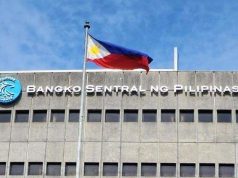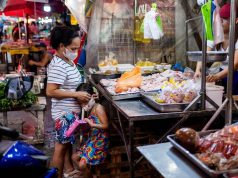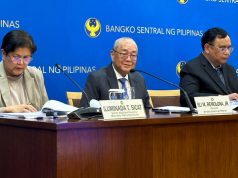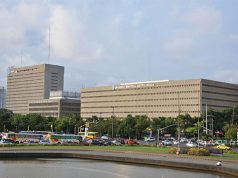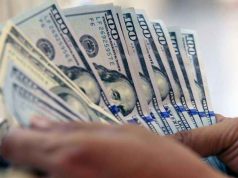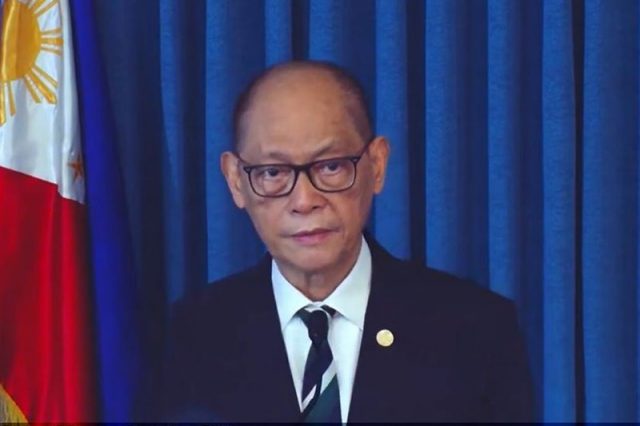
MANILA — The Philippine central bank kept its policy rate at a record low on Thursday, maintaining support for the economy while uncertainty looms around the new Omicron variant but adding that the inflation environment remains “manageable”.
The Bangko Sentral ng Pilipinas (BSP) kept the rate on the overnight reverse repurchase facility at 2.0%, as expected by all 22 economists in a Reuters poll, at its last policy meeting this year.
The BSP also kept rates on its overnight deposit and lending facilities at 1.5% and 2.5%, respectively.
“On balance, the Monetary Board sees enough scope to keep a patient hand on the BSP’s policy levers owing to a manageable inflation environment,” BSP Governor Benjamin Diokno said in a media briefing.
The central bank’s inflation outlook has taken into account market expectations for interest rates globally, said BSP Deputy Governor Francisco Dakila, after the Federal Reserve on Wednesday flagged a long-awaited end to its monetary stimulus next year.
The Philippines’ annual inflation rate came in at 4.2% in November, holding above the central bank’s 2%-4% target but the lowest in four months.
The central bank expects average inflation to settle at 4.4% this year and fall back within the target range in 2022 and 2023.
The Philippine economy, one of the fastest-growing in Asia before the coronavirus hit, expanded 7.1% year-over-year in the July-September quarter, slower than the previous quarter’s 12% expansion.
But a further easing of COVID-related restrictions is expected to support growth in the final quarter of this year, prompting the government earlier this week to upgrade its 2021 growth target.
Yet Diokno said new COVID-19 variants pose downside risks to the economy.
“Hence, preserving ongoing monetary policy support at this juncture shall help sustain the economy’s momentum over the next few quarters,” he said.
Economists in a recent Reuters poll expected the BSP would raise rates in the fourth quarter of 2022, slightly earlier than the median forecast of early 2023 in a survey last month.
Gareth Leather, senior Asia economist at Capital Economics, said the BSP may keep rates on hold throughout 2022, highlighting the risk from Omicron.
“The Philippines is more vulnerable than most other countries in the region to the spread of Omicron because of its low vaccination rate,” he said. —Reporting by Neil Jerome Morales, Karen Lema and Enrico Dela Cruz; Editing by Ana Nicolaci da Costa and Edmund Klamann




